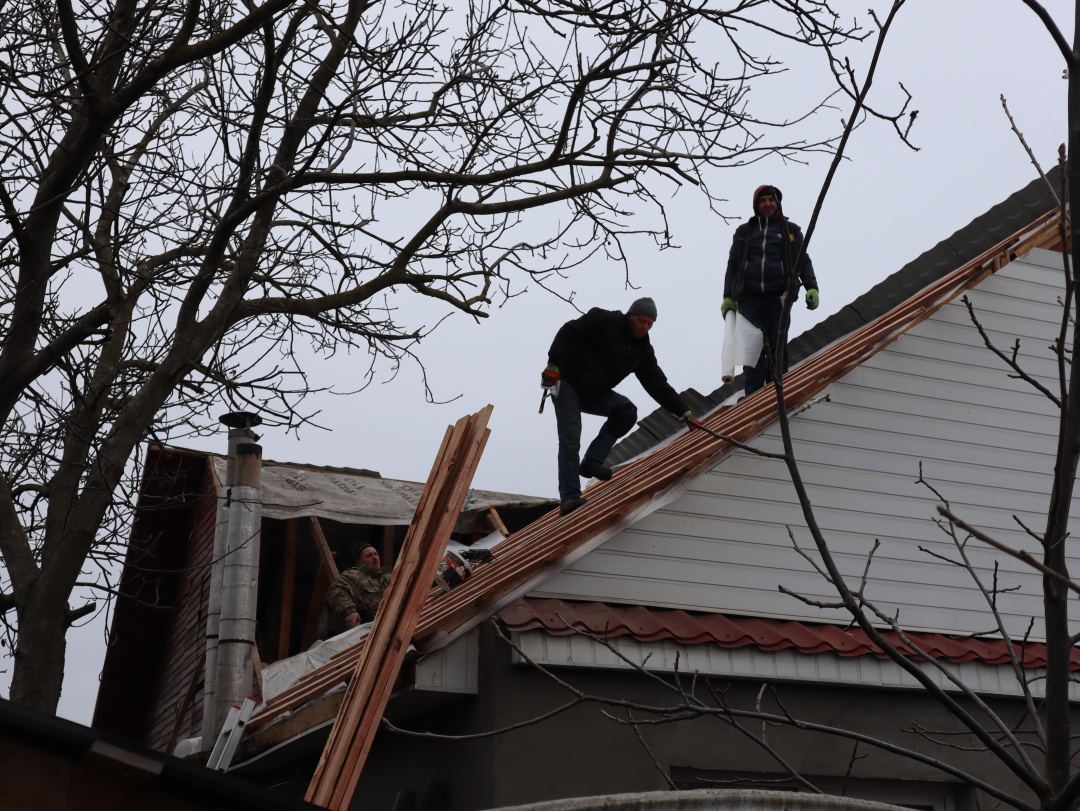

The full-scale invasion caused substantial damage to the infrastructure of Ukraine, a significant share of which falls on the housing stock. The losses have already been estimated at more than USD 55 bln. And this is without taking into account the consequences of the explosion at the Kakhovka HPP. The number of reports of damaged or destroyed property submitted through Diia has exceeded 499,000 and continues to grow.
After the first legislative initiatives on possible compensation appeared, the society began to actively discuss whom and how the state should provide such assistance. Finally, in early 2023, the parliament adopted a law providing for compensation to citizens who have not yet managed to restore their homes at their own expense. The issue of reimbursement of expenses for independently restored housing remained unresolved.
Recently, the government has approved the procedure for providing compensation for the repair of damaged facilities. Notably, the Cabinet of Ministers has actually moved away from the established practice, when a by-law is adopted after and to enforce a certain law.
In the end, the Parliament had no other choice but to vote in the first reading as a whole for one of a number of draft laws that provided for compensation for independently restored housing.
What’s in the law?
The new law complements the list of possible forms of compensation, which was approved at the beginning of 2023 and coordinates them with the bylaws of the Cabinet of Ministers. Unlike alternative initiatives, it adds only two new forms of compensation for damaged facilities:
- providing funds to pay for construction products and restoration works for housing that has not yet been repaired;
- providing funds for materials already purchased or repairs made.
The first is designed to harmonize the provisions of the current law on providing compensation and the relevant government decree. The latter involves the provision of monetary assistance, while the law provides for assistance by performing works or providing construction materials.
The second one provides an opportunity to compensate for the costs of independently restored housing. After all, now, if you have already repaired what was damaged, you will be denied the compensation. The exception is for accident-prevention or urgent conservation works.
Among all draft laws on this topic submitted by MPs, the voted one offers the best approach. Alternative initiatives provided for the reimbursement of already purchased housing or housing that was destroyed/damaged before February 24, 2022, which did not take into account the primary goals of the state’s compensation policy and its financial capacity.
How to receive compensation?
The government established the procedure for granting a new type of compensation even before the adoption of the law. It will be provided for purchased construction materials or the repairs, partial or completed.
If the works have been completed partially, the recipient has the right to submit an application for compensation for the completed part of the works, and an application for compensation for repairs in respect of the part that has not yet been made at the date of application.
The mechanism will be the same as for other categories of eRecovery:
- submitting an application through Diia;
- consideration of the application by the commission;
- determining the amount of payment.
At the same time, to receive compensation, no documents (bills, service acceptance certificates, etc.) are required to confirm the repair costs. The commission shall determine the amount of compensation based on the certificate of commission inspection of damaged housing, which should have preceded the repair works and the application for compensation, and the checklist with the established cost of construction materials and works approved by the Cabinet.
It should be noted that the absence of a certificate of commission inspection will be the basis for refusal of compensation. But in practice, commissions often conducted inspections after the application for compensation had been submitted. Therefore, if a person made repairs before the inspection by the commission, they would not be able to claim compensation. There will be many such cases because often, the victims were forced to make repairs to save the housing from further destruction. Commissions do not always classify such repairs as urgent conservation and accident-prevention works.
In this case, it seems appropriate to provide compensation in the presence of an inspection report or photos of damage to housing, which the applicant submitted together with an information message to the Register of Damaged and Destroyed Property.
In addition, compensation will not be provided if the applicant received financial or material assistance for repair works from civil society or international organizations, in particular charitable, local governments, enterprises, institutions and organizations. These facts will be verified by the commission when considering the application.
Payments under the new form of compensation will begin on January 1, 2024.
This publication was made possible by the support of the American people through the United States Agency for International Development (USAID) within the SACCI project. The contents of this publication are the sole responsibility of Transparency International Ukraine and do not necessarily reflect the views of USAID or the United States Government.






